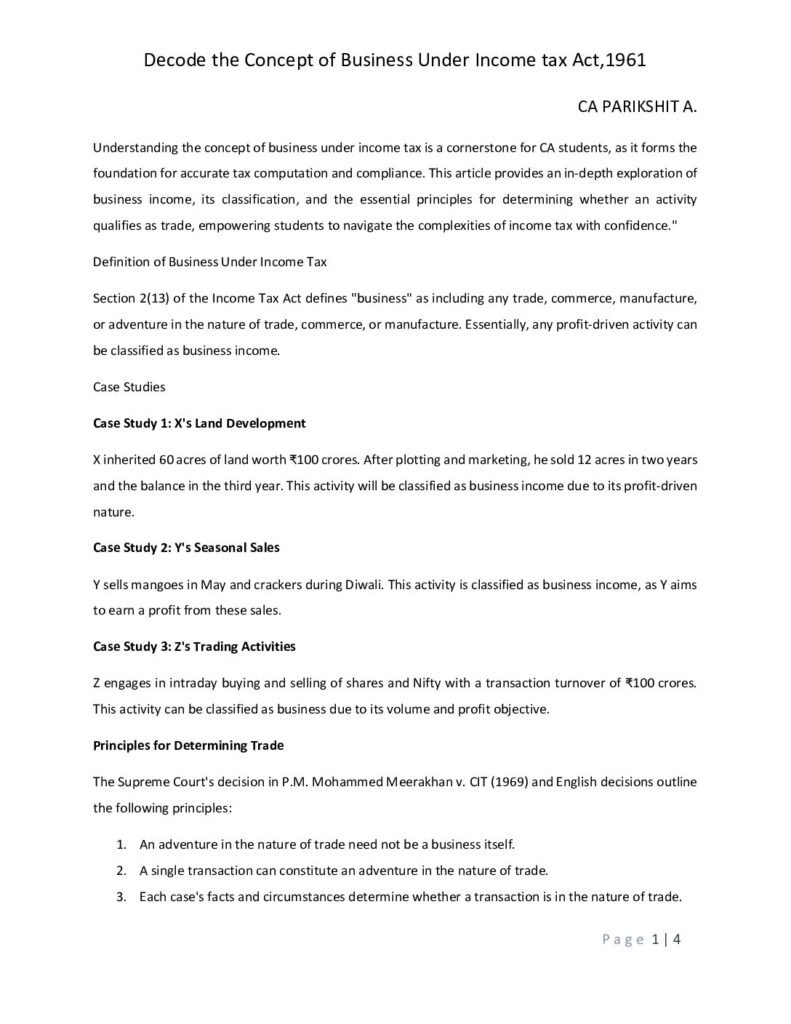As a financial analyst or accountant, it’s essential to identify and account for events that impact a company’s financial position and performance. Events can be defined as significant occurrences that affect a company’s financial statements, such as news of bankruptcy of debtors, fire broke in factory, or income tax raid on company. In this article, we’ll explore how to identify events, understand their effects, and apply logic to make necessary adjustments in financial reporting.
The Importance of Event Identification
Event identification is crucial in financial reporting as it enables companies to accurately reflect the financial impact of significant occurrences. By identifying events and accounting for their effects, companies can ensure that their financial statements provide a true and fair view of their financial position and performance.
When accounting for events, companies need to consider the financial impact and make necessary adjustments to their financial statements. This may involve:
- Providing for Possible Losses: Companies should provide for possible losses arising from events, such as a decline in the value of assets or a potential liability.
- Adjusting Financial Statements: Companies may need to adjust their financial statements to reflect the financial impact of events, such as writing off assets or recognizing liabilities.



